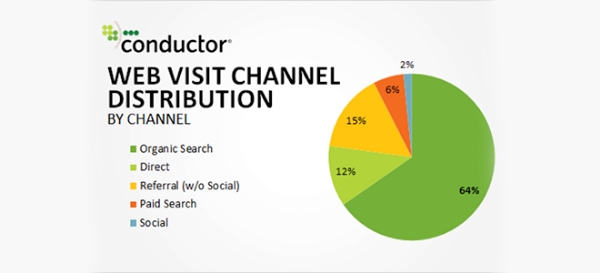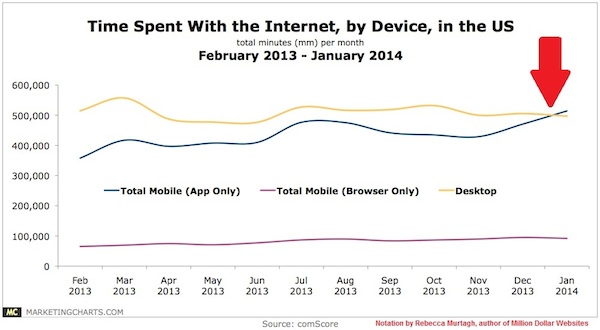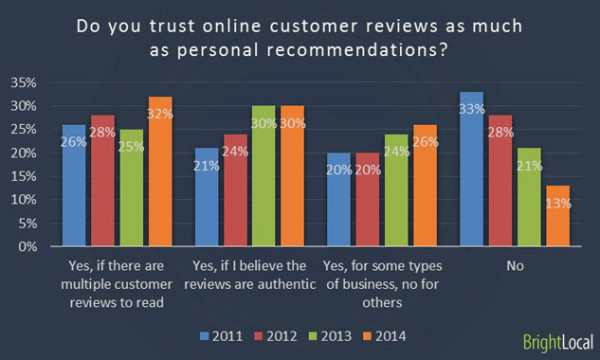 Last week, many webmasters and SEO’s received a scare in the form of extortion emails from a supposed SEO threatening to plague a site with negative SEO if they do not pay a ransom of$1,500.
Last week, many webmasters and SEO’s received a scare in the form of extortion emails from a supposed SEO threatening to plague a site with negative SEO if they do not pay a ransom of$1,500.
It seems the emails concerned even the most prominent members of the SEO community such as Dan Petrovic and Steve Webb. Even more interesting, despite assurances from Google that they would investigate the threats, a fair portion of the community appears to be at least moderately troubled by the threats. This gives an indication of just how easy people perceive negative SEO to be.
The email cuts straight to the point opening with, “This is an extortion email.” It then goes on to explain exactly how the individual(s) will enact specific tactics which can hurt a site’s performance in Google and potentially cause a site to be deindexed by the search engine.
The full text of the emails is as follows:
Hello,
Read this email very carefully.
This is an extortion email.
We will do NEGATIVE SEO to your website by giving it 20,000 XRumer forum profile backlinks (permanent & mostly dofollow) pointing directly to your website and hence your website will get penalised & knocked off the Google’s Search Engine Result Pages (SERP) forever, if you do not pay us $1,500.00 (payable by Western Union).
This is no false claim or a hoax, download the following Notepad file containing 20,000 XRumer forum profile backlinks pointing to http://www.negativeseo.cn.pn/ (this is our website and go and see on this website, you will find our email address [email protected] from which this email right now is being sent to you) :
http://www.mediafire.com/download/eizjwnpq2rsrncu/20000-XRumer-Forum-Profile-Backlinks-Dofollow.txt
Just reply to this email to let us know if you will pay just $1,500.00 or not for us to refrain or not from ruining your precious website & business permanently. Also if you ignore this email and do not reply to this email within the next 24-48 hours, then we will go ahead and build 20,000 XRumer forum profile backlinks pointing directly to your website.
We are awaiting your wise decision.
RS
Thankfully, it appears the entire situation has been nothing more than empty threats. Despite several credible SEO figures reporting the extortion emails, no one has reported paying the extortion amount and there are no signs that negative SEO is being put into action against these sites.

 Countless businesses have 90 days to make significant changes to their Facebook strategies and pages. With an update to its
Countless businesses have 90 days to make significant changes to their Facebook strategies and pages. With an update to its 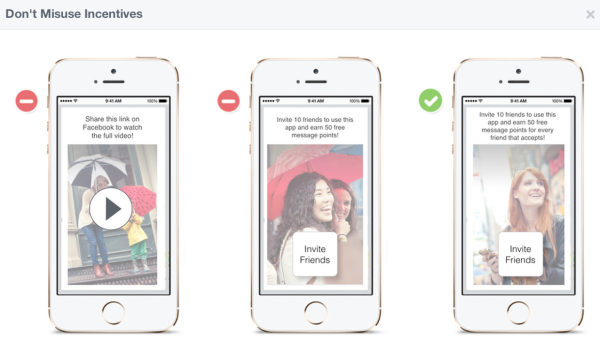
 In the past, several Google employees have suggested they would like to see site security included as a ranking factor within their search engine. Now, Google has followed through and
In the past, several Google employees have suggested they would like to see site security included as a ranking factor within their search engine. Now, Google has followed through and 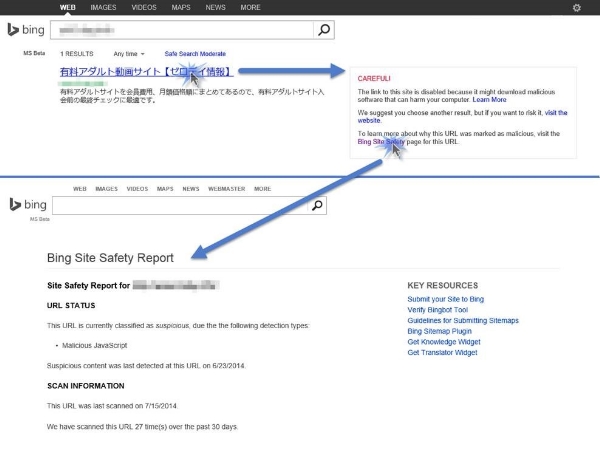
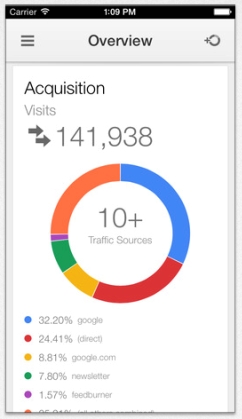 A few weeks ago
A few weeks ago